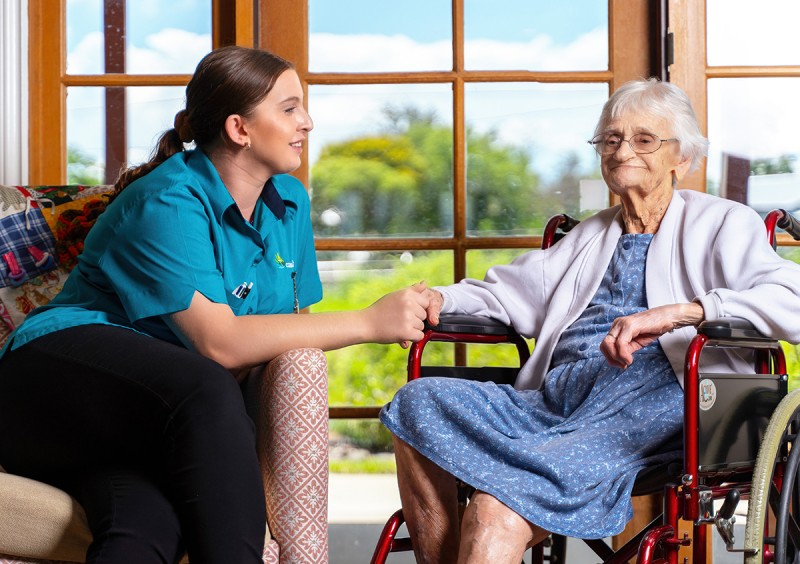
In an increasingly complex and interconnected world, where information flows like a river, adult education emerges as a potent tool not only for personal growth but also for brain health. Studies have shown that middle-aged individuals who actively engage in learning and education significantly reduce their risk of developing dementia. This article delves into the fascinating relationship between adult education and the decline of dementia risk, shedding light on how continuous learning can contribute to healthier brains as we age.
Dementia, a collective term for cognitive decline severe enough to interfere with daily life, poses a significant challenge as our global population ages. It not only affects individuals but also places a strain on families and healthcare systems. The quest to uncover ways to prevent or delay its onset has led researchers to explore various avenues, one of which is the profound impact of adult education.
Dementia is not a normal part of aging; it's caused by various brain diseases that affect memory, thinking, behavior, and the ability to perform everyday activities. As the world experiences a demographic shift towards an older population, finding strategies to reduce the burden of dementia becomes paramount.
One prevailing theory is the Cognitive Reserve Hypothesis, which suggests that a well-educated brain can better tolerate the effects of neurodegenerative diseases. Like a muscle, the brain becomes stronger when exercised through learning, enabling it to withstand the damage caused by conditions like Alzheimer's.
Lifelong learning, regardless of the form it takes, has been associated with enhanced cognitive function. Engaging in new skills, hobbies, or academic pursuits triggers the brain to form new connections, promoting neuroplasticity and resilience.
Multiple research studies have established a clear link between education and a reduced risk of dementia. For instance, a study published in the New England Journal of Medicine found that individuals with higher education levels were less likely to develop dementia than those with fewer years of education.
The exact mechanisms through which education reduces dementia risk are still being unraveled, but it's believed that cognitive stimulation through learning helps build a denser network of brain cells, creating a "cognitive reserve" that can compensate for cell loss due to aging or disease.
The digital age has revolutionized education, making it easier for middle-aged individuals to access a wide array of learning resources. Online courses, webinars, and virtual workshops provide flexible options for continued learning.
Digital platforms offer not only convenience but also interactivity, allowing learners to engage with experts and peers worldwide. This fosters a sense of community and keeps the brain engaged in collaborative learning.
Middle-aged individuals often juggle multiple responsibilities, leaving little time for formal education. However, even dedicating a few minutes a day to learning can have a cumulative effect on brain health over time.
Shifting one's perspective on learning from a chore to a pleasurable pursuit can significantly impact the willingness to engage in education. Embracing curiosity and a growth mindset can make the journey more enjoyable.
Education is just one piece of the puzzle; a holistic approach to brain health involves maintaining a balanced diet and engaging in regular physical activity. These factors contribute to overall well-being and support a healthy brain.
Staying socially active and mentally stimulated are crucial components of reducing dementia risk. Engaging in conversations, puzzles, and games challenges the brain and keeps it sharp.
Stories of individuals who decided to pursue education later in life and experienced remarkable cognitive improvements provide inspiration and motivation. These success stories emphasize that it's never too late to embark on a learning journey.
Embarking on an educational journey should be tailored to individual preferences and capabilities. Setting achievable goals ensures a sense of accomplishment, boosting motivation to continue learning.
Integrating learning into daily life, whether by reading, problem-solving, or exploring a new skill, creates a consistent habit that supports brain health over the long term.
The benefits of adult education extend beyond the individual to society as a whole. A more educated population not only experiences reduced dementia rates but also contributes to economic growth and social development.
The remarkable connection between adult education and the reduction of dementia risk highlights the importance of nurturing our minds throughout our lives. Engaging in learning not only enriches our knowledge but also empowers us to lead healthier, more fulfilling lives as we age.
Garlic's Health Benefits and Risks: Unveiling Nature's Powerful Bulb
Lumpy Skin Disease: Understanding, Symptoms, Prevention, and Treatment